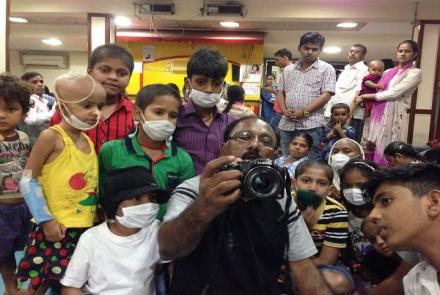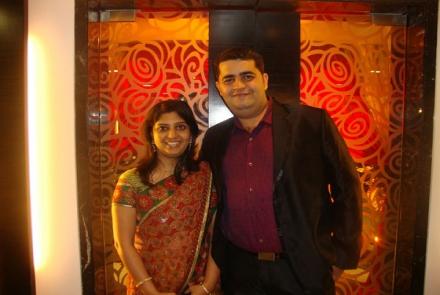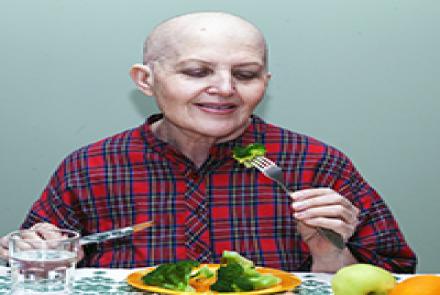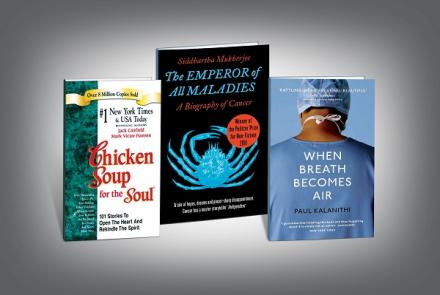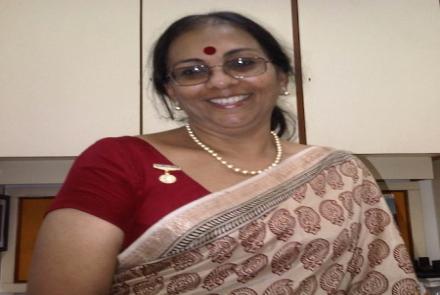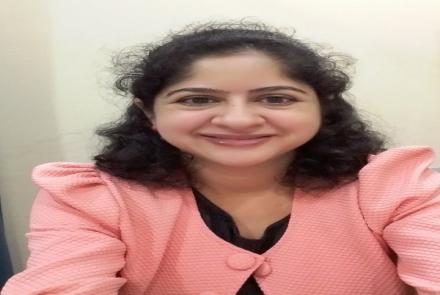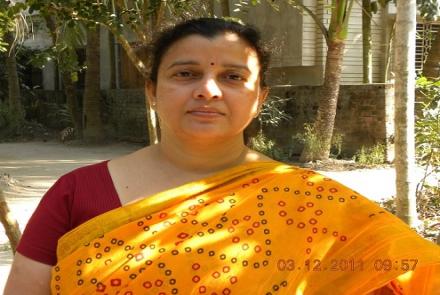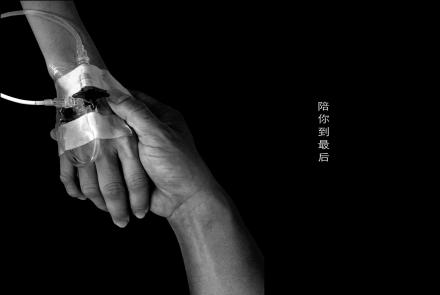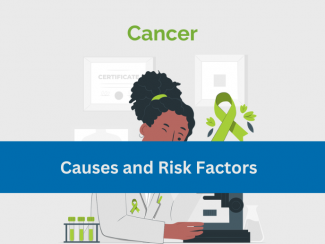
What causes cancer?
Understanding the causes and risk factors can help in cancer prevention efforts and early detection strategies. Here are some common triggers:
- Genetics - Genetic predisposition can increase the risk of certain cancers, especially in families with a history of the disease. Each cell in our body contains DNA, which controls its action. Any change or mutation to the DNA that damages the genes involved in cell division can lead to cancer. Cancer occurs when because of gene mutation, the cell is unable to correct DNA damage and unable to die.
- Carcinogens: Carcinogens are cancer-causing substances that cause damage to the DNA of the cell. All forms of tobacco, natural or man-made radiation, asbestos, certain food and food additives are some of the carcinogens. The following foods and cooking methods have also been linked to cancer: barbecuing or grilling meat; charring and deep frying food; acrylamide in french fries and potato chips; microwave popcorn; artificial sweeteners and sodas; processed meat and fatty red meat; highly processed foods which are low in fiber.
- Diet: Poor diet high in processed foods, red meat, and low in fruits, vegetables, and fiber may increase cancer risk.
- Obesity: Being overweight or obese is linked to a higher risk of developing various cancers, including breast, colon, and prostate cancer.
- Tobacco consumption: Chewing tobacco and smokeless tobacco contain carcinogens such as nitrosamines and nicotine, and both can cause cancer. Chewing tobacco increases the risk of mouth, throat, oesophagus, and pancreatic cancer, whereas smokeless tobacco can cause mouth, tongue, cheek, and lip cancer.
- Alcohol Consumption: Excessive alcohol consumption increases the risk of cancers of the mouth, throat, oesophagus, liver, colon, and breast.
- UV Radiation: Exposure to ultraviolet (UV) radiation from the sun or tanning beds increases the risk of skin cancer.
- Pollution: Carcinogens in air, water, and soil, such as asbestos, benzene, and arsenic, can contribute to cancer development.
- Occupational Exposures: Some occupations involving exposure to chemicals, radiation, or asbestos fibers increase the risk of cancer, such as asbestos-related mesothelioma and radiation-induced cancers among factory and plant workers.
- Heredity: Cancer can be caused by genetic predisposition that is inherited from family members. Childhood retinoblastoma is the most striking example of the role of heredity.
- Hormonal factors: Long-term use of hormone replacement therapy in postmenopausal women has been associated with an increased risk of breast and ovarian cancers.
- Immune system: People who have a problem with their immune system are more likely to get some types of cancer. i.e., people who have had organ transplant and taken drugs to suppress their immune system.
- Viruses: Some viruses are known to cause cancer. HIV (Human Immunodeficiency Virus) weakens the immune system and increase the risk of Kaposi’s sarcoma, Non-Hodgkin lymphoma, Hodgkin lymphoma, anal cancer, and cervical cancer.
Certain cancers and viruses have been linked with each other.
- Kaposi’s sarcoma due to human herpes virus
- Cervical cancer due to human papilloma virus
- Primary liver cancer due to hepatitis B and C virus
- Lymphomas from Epstein-Barr virus
Risk factors for cancer
- People of all ages can get cancer but the frequency of cancer increases with age. As people age, there are more cancer causing mutations in cell DNA.
- Heredity and family history of cancer
- Diet and lifestyle: Smoking, alcohol and consumption of more processed foods
- Spending long hours in the sun or have workplace hazards like chemicals or radiation
- Obesity is linked to increased risk in 13 different cancers as per various studies conducted.
1. Adenocarcinoma of Oesophagus
2. Breast Cancer in post-menopausal women
3. Colorectal Cancer
4. Gallbladder cancer
5. Gastric Cancer
6. Kidney Cancer
7. Liver Cancer
8. Meningioma - a usually benign brain tumour
9. Multiple Myeloma, a blood cancer
10. Ovarian Cancer
11. Pancreatic Cancer
12. Thyroid Cancer
13. Uterine Cancer
Know more about this cancer:
Lung cancer - https://www.patientsengage.com/condition/lung-cancer
https://www.patientsengage.com/conditions/10-warning-signs-lung-cancer
Oral cancer - https://www.patientsengage.com/condition/oral-cancer
Breast cancer - https://www.patientsengage.com/condition/breast-cancer
Bladder cancer- https://www.patientsengage.com/news-and-views/bladder-cancer-awareness-…
Ovarian cancer - https://www.patientsengage.com/condition/ovarian-cancer
Cervical cancer- https://www.patientsengage.com/condition/cervical-cancer
Multiple Myeloma - https://www.patientsengage.com/condition/multiple-myeloma
Pancreatic cancer - https://www.patientsengage.com/conditions/pancreatic-cancer-latest-trea…
Learn cancer terms: https://www.patientsengage.com/conditions/cancer-terms-explained


